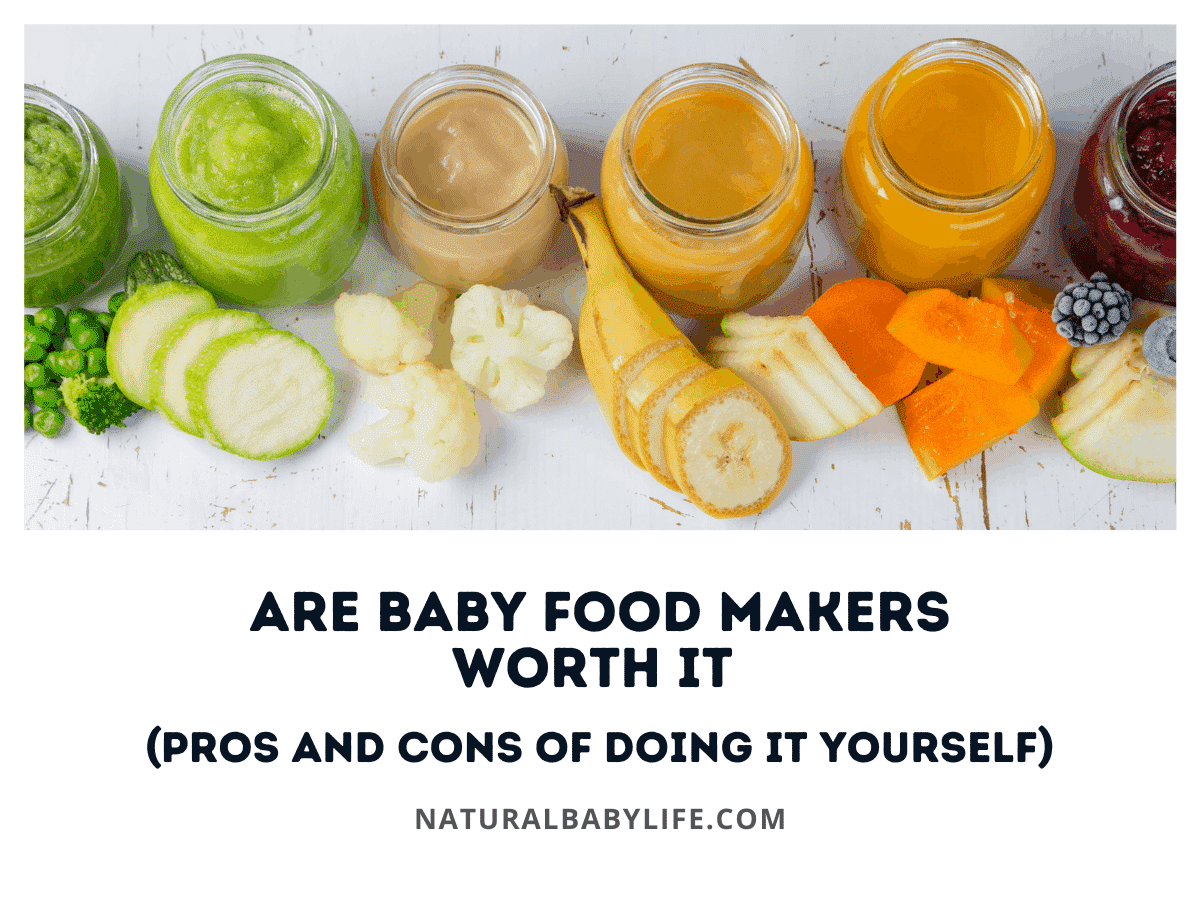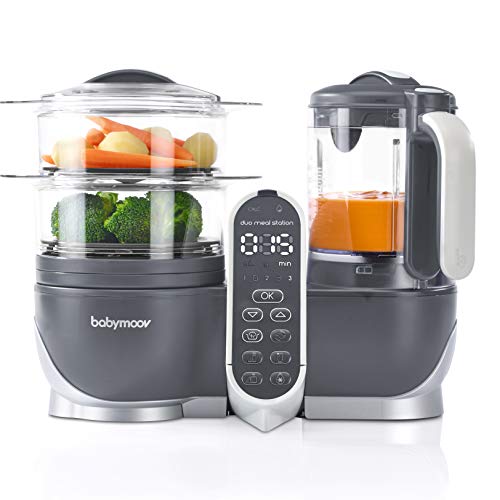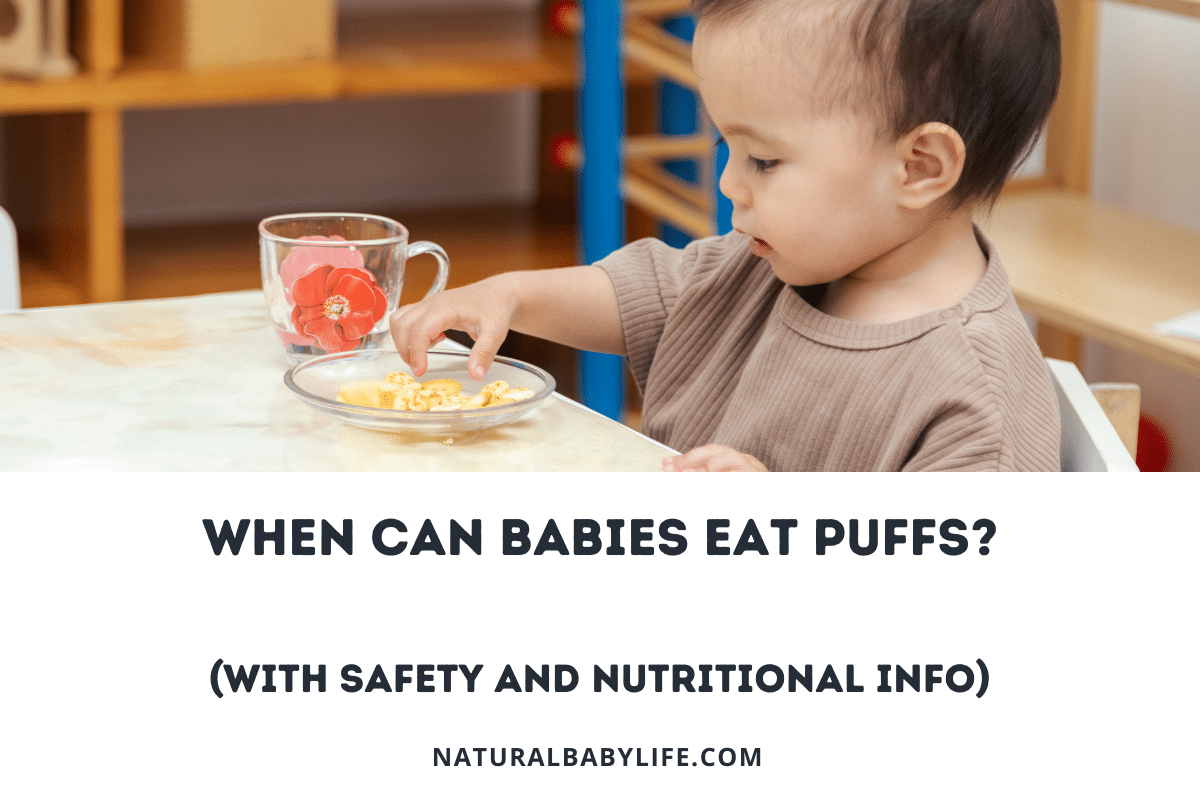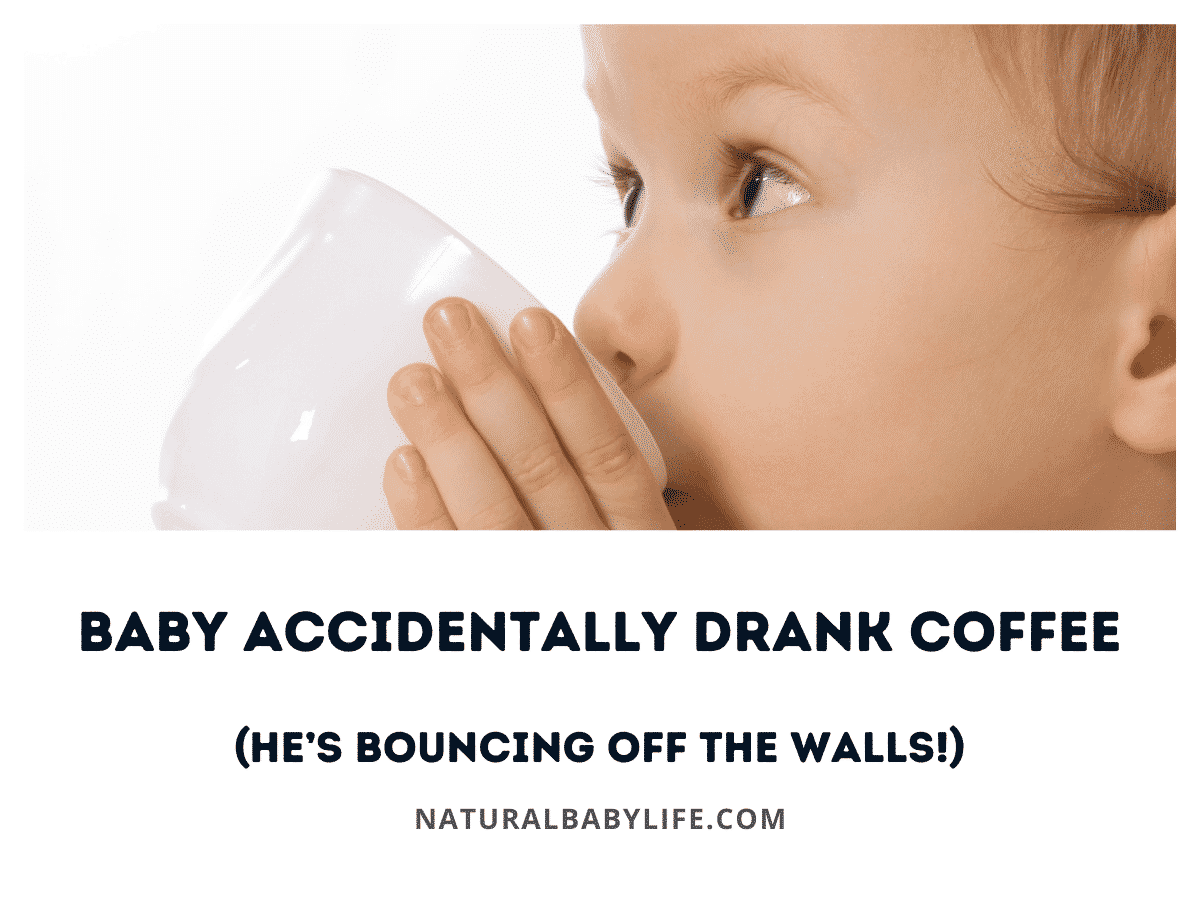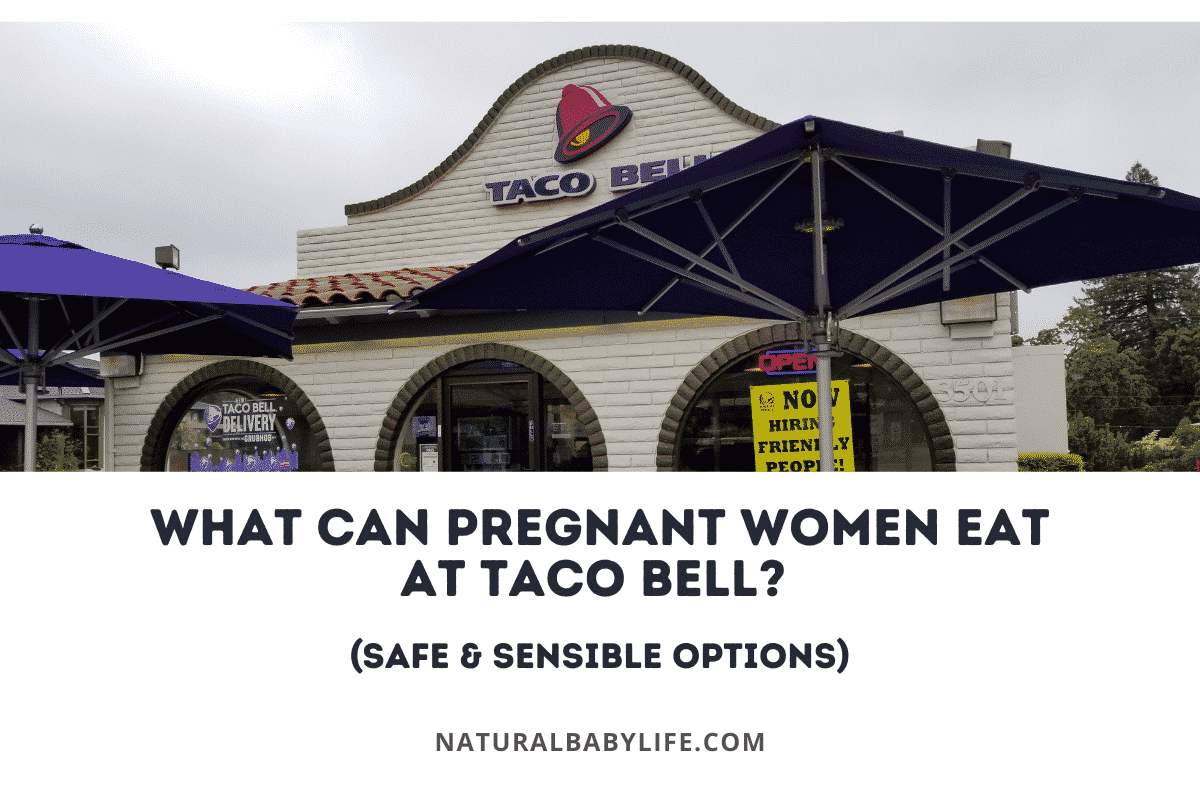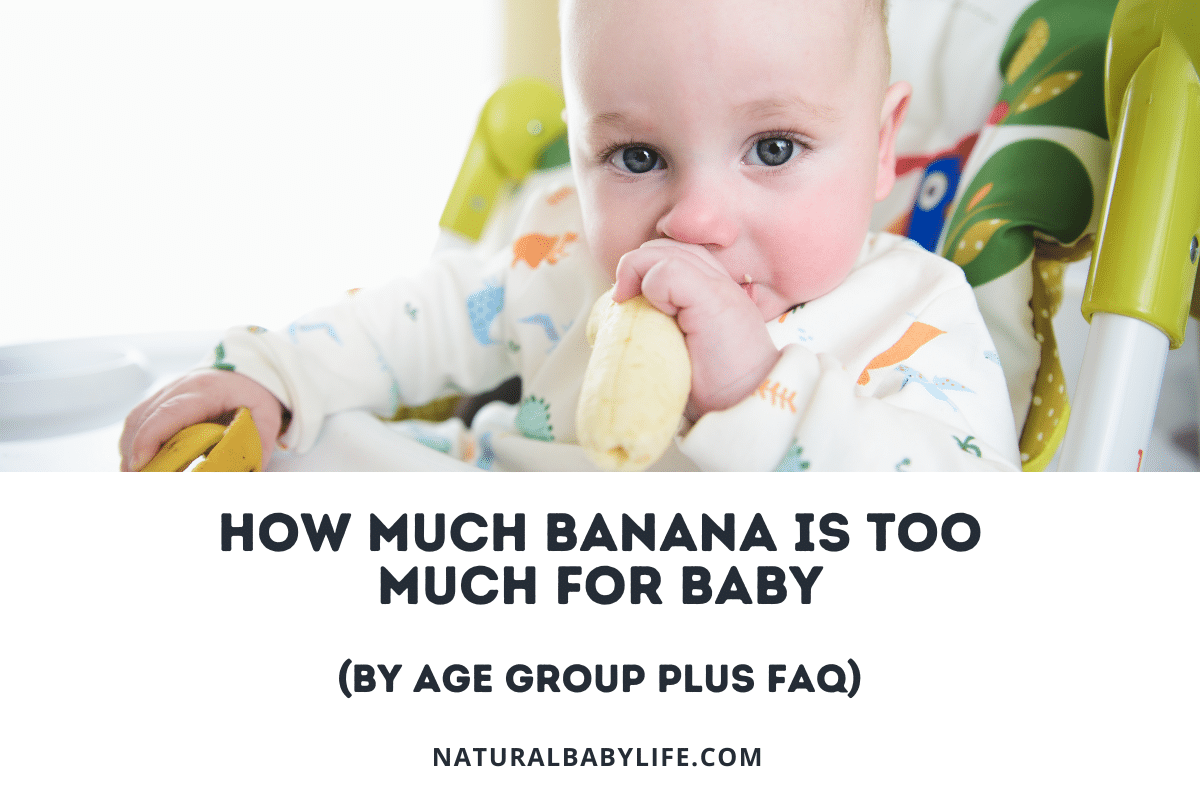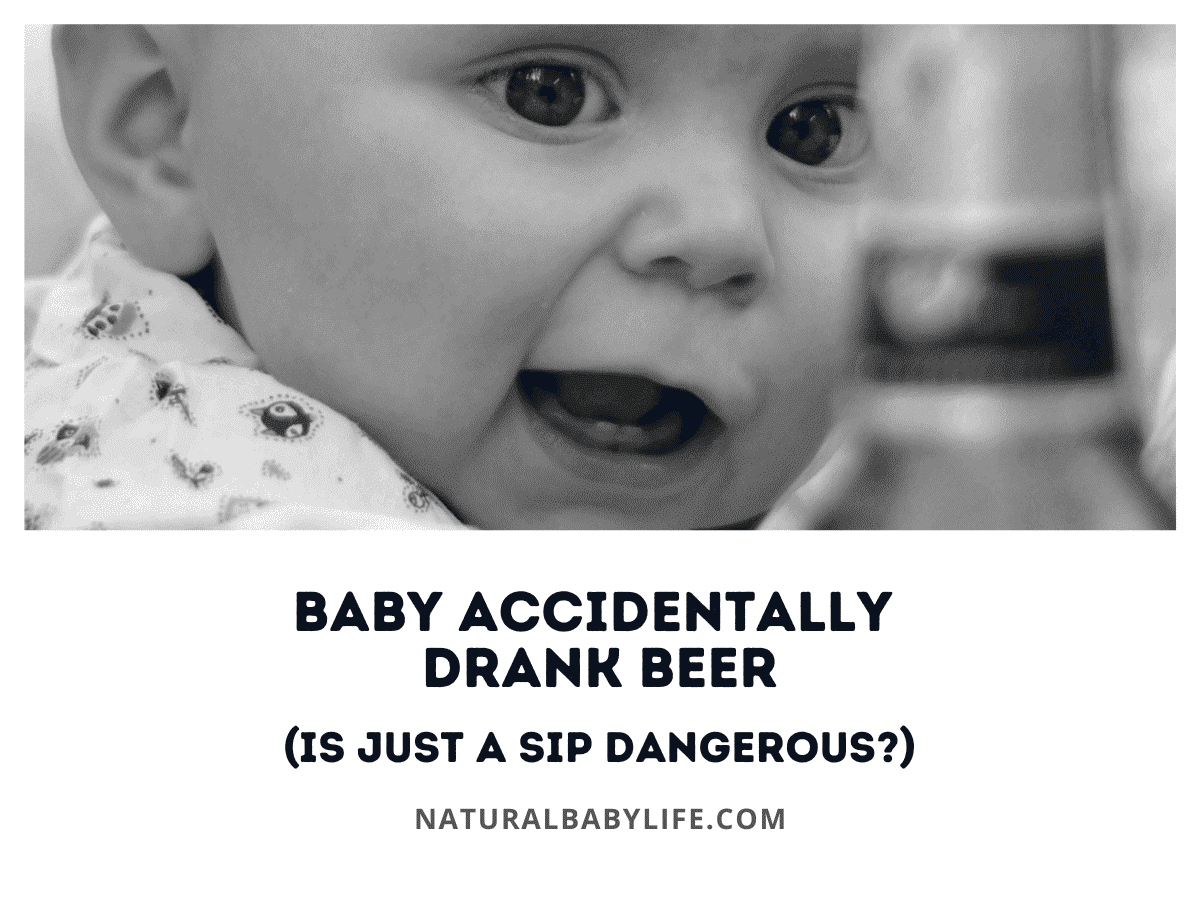So your baby is eating solid foods now and you are quickly realizing just how much food they go through on a typical day. Not to mention the cost, especially for those organic pouches your little one seems to favor. You may have contemplated making your own baby food at some point and after doing a little research have wondered, are baby food makers worth it?
Baby food makers are a great way to save some money while ensuring your baby gets the freshest, most nutrient-rich foods possible. The trade-off, however, is the loss of convenience of buying store-bought food as well as the extra time needed for prep, cleanup, and planning.
If you’re on the fence about whether a baby food maker is right for you, read on to find out the real scoop on baby food makers, and a breakdown of the pros and cons of doing it yourself.
Table of Contents
Do you really need a baby food maker?
If you’re considering making your own baby food, a baby food maker is a wise investment. There are different models available with a price point for every budget. You can find options that will puree, chop, and steam all the fresh produce, and even meat, that your heart desires.
Many models also come with freezer-safe storage containers and pouches and are truly a one-stop shop. While you can certainly make baby food with the kitchen tools you may already own, using a baby food maker can cut down on clean up time since you may only have to wash one tool.
If you are looking for a quick recommendation then you should check out this model if you are on a budget (for basic blending and storage options)
- Make fresh, delicious food with wholesome ingredients
- Prepare, store, and freeze for grab-and-go convenience.
- Dishwasher-safe for quick and easy cleanup
- Batch bowl and cups are made of non-toxic, BPA-free, super-durable plastic
Prices pulled from the Amazon Product Advertising API on:
Product prices and availability are accurate as of the date/time indicated and are subject to change. Any price and availability information displayed on [relevant Amazon Site(s), as applicable] at the time of purchase will apply to the purchase of this product.
or this model if you want to go all out with steaming and blending two different foods simultaneously!
- 2 steamer baskets, 3 speed blender easily programmable for various cook times, allows for preservation of nutrients, vitamins and the natural flavor of the foods
- LARGE CAPACITY SAVES TIME
- EASY TO USE
- 6-IN-1 DESIGN SAVES SPA
Prices pulled from the Amazon Product Advertising API on:
Product prices and availability are accurate as of the date/time indicated and are subject to change. Any price and availability information displayed on [relevant Amazon Site(s), as applicable] at the time of purchase will apply to the purchase of this product.
Is homemade baby food healthier than store-bought?
Homemade baby food definitely has it’s advantages.
You know exactly what ingredients you are putting in your baby’s food and more importantly, what’s not being put in there. You can also feel better that, since your food is not going to go through the rigorous heating processes to kill off bacteria that is needed for commercial baby food products, your homemade food will more than likely retain more nutrients.
On the other hand, commercial baby food products follow strict guidelines for ensuring proper nutritional values and calorie contents for its specific age ranges so it’s important that when making your own homemade foods that your baby is also getting the same recommended nutrients.
Is homemade baby food less expensive than store-bought?
When preparing your homemade baby food you are essentially cutting out the packaging and marketing costs that go into the price mark up on store-bought foods so that’s a big win. Your main cost will come from the ingredients you choose to use. One main factor that will affect this cost is whether you are purchasing regular food or splurging on its organic counterparts.
Another important point to consider is the initial start-up cost of making homemade baby food.
Whether you choose a baby food maker or other kitchen gadgets to accomplish this, you will have to buy the materials needed to make the food as well as freezer safe storage options since homemade baby food does not have the preservatives or shelf life of commercial products.
Though this initial cost may seem overwhelming at first, it could very quickly pay for itself, especially if you are purchasing organic food pouches, which can easily cost around $2 per pouch.
How long do babies eat purees?
One question that you might have when making this decision is how long you’ll even need a baby food maker.
Babies typically benefit from pureed baby food starting at the age of 4 months and usually transition to solid foods by around the age of 12 months.
As a result, you’ll only be able to make use of a baby food maker for about 8 months to make pureed baby food. However, there are other ways to make use of a baby food maker, such as using it for smoothies or other foods. If you plan on have more babies in the future, you’ll also have the baby food maker ready to go for the next one!
Are baby food makers worth it?
Baby food makers can help ease the burden of making your own baby food at home if that’s the route you choose.
Whether making your baby’s food yourself is right for you and your family will depend on factors such as how much time or money you have available, and how much value you place on serving your baby the freshest food possible.
Pros of making baby food at home
There are certainly several advantages to making your own baby food at home.
Here are some of the main benefits for you and your family:
- You control the ingredients
- The food is fresher
- Less expensive in the long run
- Expose your baby to different tastes
- Food retains more nutrients
You control the ingredients
When making your baby food at home, you decide what goes into the food. You have the option to pick the freshest produce, you control the washing process, and you also get to pick how the food was grown. You can choose all non-GMO, free-range, organic fare if that is something that is important to you.
You also have peace of mind knowing that no fillers, preservatives, or unnecessary chemicals are being used and can rest assured that you are giving your baby the very best nutrition you can.
The food is fresher than store bought baby food
When making baby food at home, you go to the grocery store and buy the ingredients. Then you head home and prepare the ingredients and feed them straight to your child.
You have essentially cut out the transport, food storage, and food handling that the store-bought foods have to go through just to get the food to the grocery.
Less expensive in the long run
There is an initial start-up cost when deciding to make your own baby food. Baby food makers range from around $60-$150 on average, but the cost per use will make the purchase worthwhile if you use it regularly.
Your $60 baby food maker will most likely just give you the option to puree whole foods into something digestible for a baby. The top-priced models will allow you to steam raw foods as well as chop, blend, and puree as needed.
Most baby food makers can transition into something versatile you can also use as your babies get older such as making smoothies for toddlers and even older children. You could also puree vegetables to sneak in other meals for added nutrients.
Another cost to consider is the bowls and pouches needed for mixing and storing your food. Some baby food makers may come with these options but chances are you’ll need a few extras.
You’ll find over time that your baby food maker will soon start to pay for itself. The whole food that you purchase and prepare can be stretched into many pouches of baby food for the same price as one pouch of organic pre-made baby food. At the end of the day, you’re getting much more bang for your buck.
You may expose your baby to different taste sensations to produce a less picky eater over time.
One advantage of making baby food at home is you have endless possibilities on what food combinations to present to your child. Store-bought options usually have limited options.
In fact, this could also be seen as a reduced cost if you choose to make the same thing for your baby that you are fixing your family for dinner. For example, if you are making the rest of the family green beans as a side for dinner you can go ahead and puree some for your baby as well.
You also have the option of gradually introducing different spices as desired. There are some great baby food recipes out there to get you started and spark your creativity. These recipes may also give some direction as to which foods to feed your baby at certain ages.
Your food will retain most of its nutrients
The store-bought baby food counterparts go through a process to eliminate bacteria from food to make it safe to sit on the shelves until you buy it, but the same high heat processes that make the food safe to eat can also diminish a lot of the food’s inherent nutrients.
When preparing this food at home, you have the option to steam your foods – or not even cook some foods at all, like fruits – to ensure your baby reaps all the benefits these foods have to offer.
Cons of making baby food at home
We already know the advantages to making your baby food at home. However, this situation may be less than ideal for some.
Let’s take a look at a few reasons why this may not be beneficial for you and your family:
- You must choose the ingredients
- Takes more time
- More expensive upfront
- More food storage and cleanup
- One more thing to do
You need to choose the ingredients
Making your own baby food at home will require a little planning. You will have to research which foods are appropriate for your baby’s age and what nutrients they should be getting.
For example, some baby food companies have broken down their foods into Stage 1, Stage 2, and Stage 3, with each stage changing based on the baby’s developmental milestones.
Sometimes, especially in a stage of life where you may be getting less than the ideal amount of sleep, having the burden of preparation lifted from your shoulders can be a huge blessing.
The time commitment involved
Not everyone has the same amount of time available for food preparation. The full-time working parent comes to mind here, especially the parent with more than one child. Sometimes the last thing you want after being away from your child all day is another task to keep you from enjoying your little one.
Most working parents only have evenings and weekends available to spend with their children and may opt to have quality family time instead.
More expensive upfront.
Not everyone has an extra $150-200 dollars to spend on purchasing all the tools needed to make their baby’s food at home.
Some daycares cover meals and snacks in their tuition costs for working parents. Or perhaps you’re really coupon savvy and know how to stock up on baby food in an economical way.
Responsibility for ensuring proper food storage and cleanliness
Some parents may already be stressed to the max with the daily demands of raising a little one. The added burden of ensuring the cleanliness of workspaces and proper food handling may be an unwelcome one.
Some parents may choose to let the baby food experts (who have to adhere to strict food regulations) ensure all food is safe for their little one to consume.
One more item on the to-do list.
And, lastly, sometimes us parents are just exhausted from the day’s work.
We already have to prepare food for the rest of the family. Sometimes, making your own baby food can just be an added chore on top of all the rest of your responsibilities.

